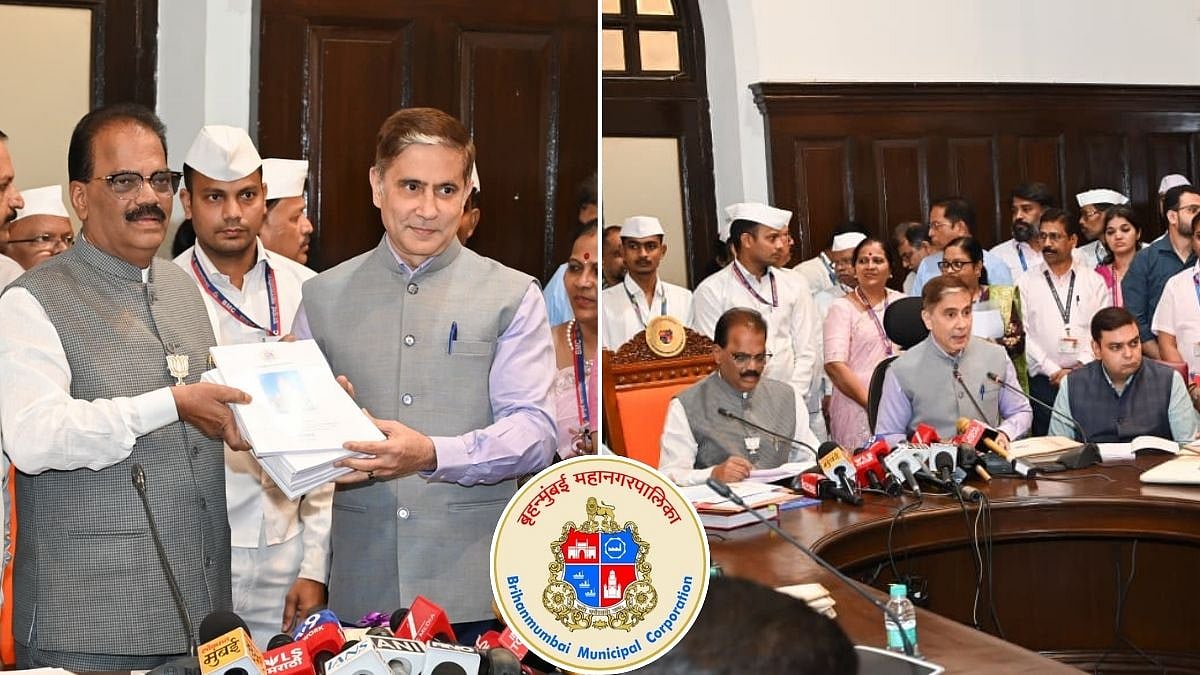NEW DELHI: The recently launched India-US initiative on Critical and Emerging Technology (iCET) is likely to usher in a new phase of partnership and accelerate the outcome given the sizeable talent pool in India and the US, Union Education Minister Dharmendra Pradhan said on Friday.
He welcomed the resolve by Prime Minister Narendra Modi and US President Joe Biden to deepen the strategic partnership between Indian and American universities.
“The recently launched India-US initiative on Critical and Emerging Technology (iCET) is likely to usher in a new phase of partnership and accelerate the outcome, given the sizeable talent pool in India and the US, particularly in new age technologies and the synergistic research and development centres of excellence in our academic institutes,” he said.
The minister noted that the joint task force constituted with the Association of American Universities comprising of top IITs and IISc has been holding discussions in this regard.
“As envisioned by our leaders, the education ministry will work to setup Indo-US Global Challenge Institutes to deepen research partnerships and people-to-people exchanges in areas such as semiconductors, sustainable agriculture, clean energy, health and pandemic preparedness, and emerging technologies.
“This formal partnership, with its complementary expertise and incorporation of industry collaboration and start up enablers, will facilitate free flow of ideas, student exchange and joint IPRs. This academic partnership will help in developing solutions for a sustainable and secure future. This is a historic moment when two strong nations are joining hands in education and research that is bound to make a global impact in the coming years,” Pradhan added.
Announced during US President Joe Biden and Modi’s bilateral talks in Tokyo in May last year, the iCET is spearheaded by the National Security Councils of both countries. It focuses on strengthening the US-India partnership on the technologies that will drive global growth, bolster both countries’ economic competitiveness, and protect shared national security interests.





